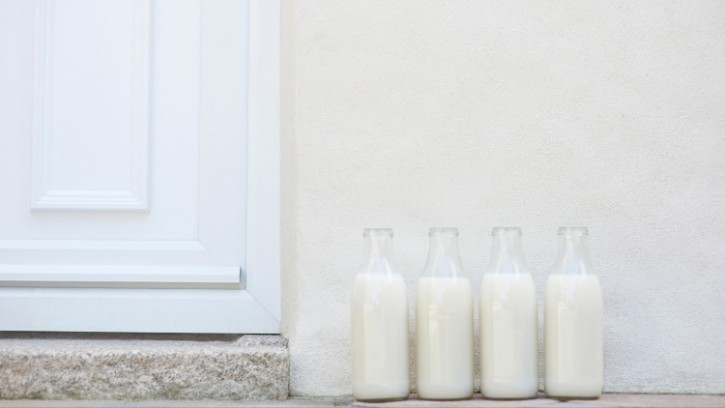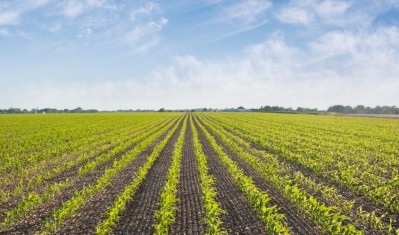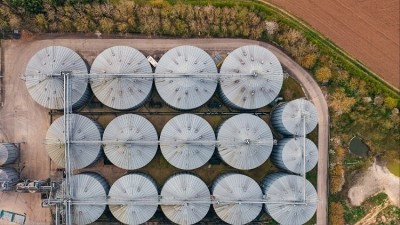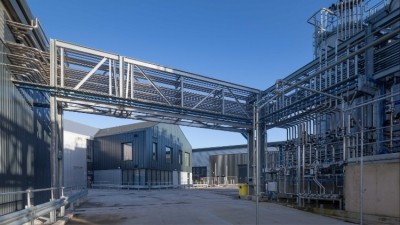News
Arla Foods UK boosted revenue and volumes in 2023

Despite the challenges of “high inflation and elevated dairy prices”, the firm posted revenues of £2.6bn for the full-year, while also increasing UK branded volumes by 2.2%.
The volumes increase was driven by strong growth in Arla Protein, Starbucks and Arla Pro, which increased by 66.4%, 26.2% and 8.5% respectively.
Meanwhile group revenues declined slightly from €13.8bn (£11.81bn) in 2022 to €13.7bn (£11.73bn) in 2023, while net profits of €380m (£325.3m) were achieved.
Commenting on the performance, Arla Foods UK managing director Bas Padberg said while inflationary pressures dominated the first part of the year, the firm demonstrated its “ability to adapt to challenging market conditions” during H2.
“As the UK’s largest dairy cooperative and supplier of some of the UKs best loved brands, it’s important that we ease pressures on cash strapped shoppers when we can, as well as returning a fair price to our farmers so we can keep supermarket shelves full,” Padberg added.
“Arla’s brand portfolio demonstrated its robustness in volatile conditions, and we made strong recovery in the second half of 2023 with a strategic branded volume growth.”
Arla Foods UK also reported on its progress in terms of reducing emissions, with its farmer owners delivering a 3.6% CO2 emission reduction on average when compared with 2022. In turn, this led to a drop in on-farm emissions from 1.12kg to 1.08kg of CO2 per kg of milk.
Meanwhile, Scope 3 emissions, which account for 96% of the co-operative’s total carbon footprint, were reduced by 3% per kg of milk.
Reflecting on the progress made towards its sustainability targets, Padberg noted: “We are also pleased to report that we remain on track towards our CO2e reduction target for 2030, which is testament to the innovation and action taking place, across the entire business.
“This news comes as we continue to implement our Customer Sustainability Programme, which means we are collaborating with our customers to deliver progress towards our shared climate targets, as well as our Sustainability Incentive Model, which ties a part of the milk price farmers receive directly to sustainability actions on farm.”
In other news, read fresh analysis of why plant-based meat alternative prices remain so high.

















